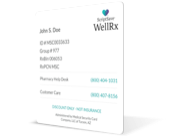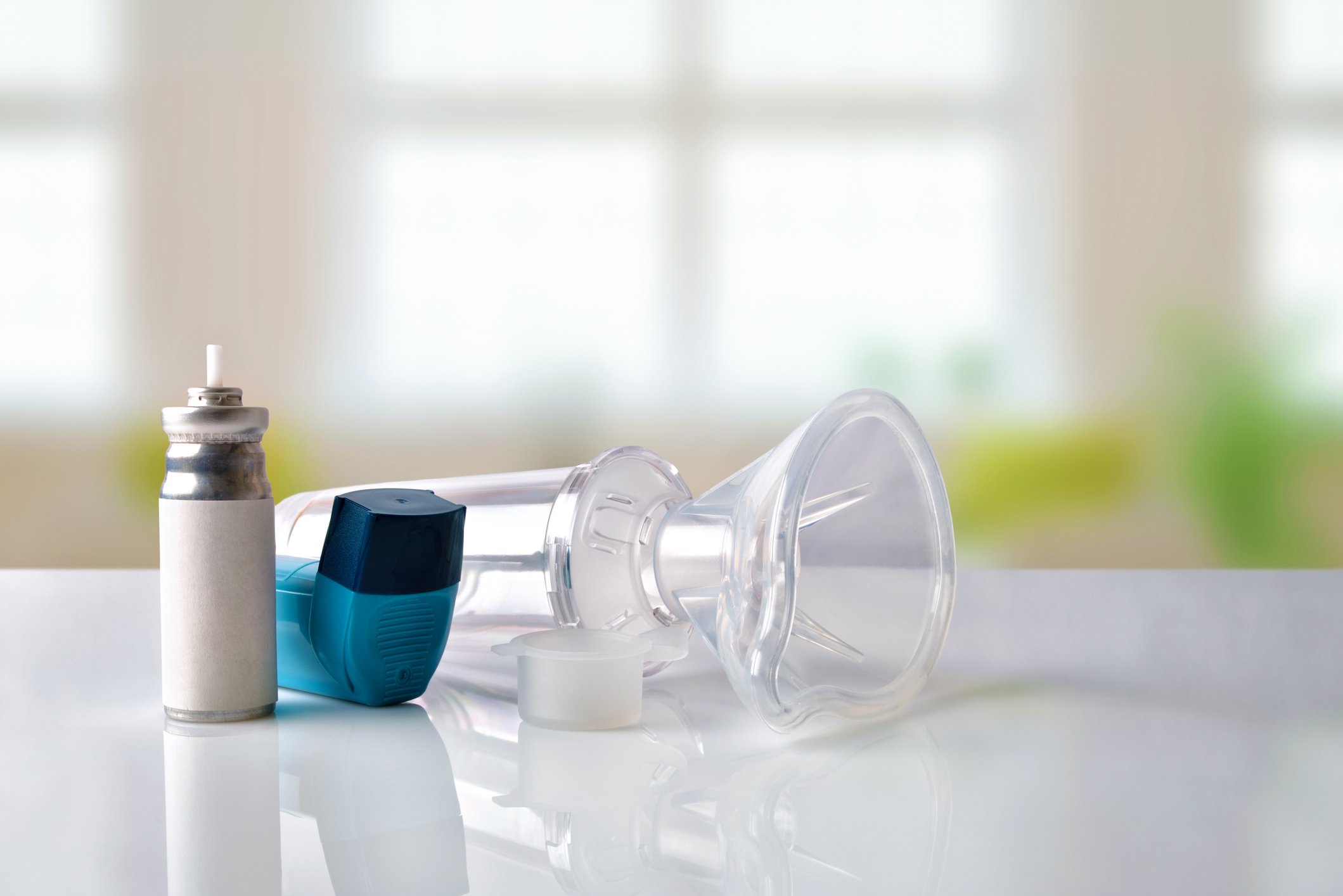Copyright 2025
Medical Security Card Company, LLC
All Rights Reserved
We take the privacy of your personal information seriously. By signing up I agree to WellRx's terms of use and privacy policy.
By Pawel F. Kojs, PharmD Candidate Class of 2019,
University of Arizona College of Pharmacy
September 26, 2018
Morning sickness or nausea and vomiting in pregnancy (NVP) occurs in 70-80% of pregnant women. In the United States, roughly 4 million women are affected each year. This is more common in women that live in Western countries.1 A small percentage of women are affected each year with the more extreme form of morning sickness called hyperemesis gravidarum (HG).1
To help with this condition, there are many remedies to consider with your provider.
With respect to diet, it is best to avoid large meals and eat smaller meals more often throughout the day. Eating more protein and less fat is advised as well.2
Even though it’s difficult, eating foods that do not have a high flavor profile and ones that are low in fat helps reduce the time it takes for food to leave the stomach. This in turn helps with reducing the amount of symptoms one would have with morning sickness.2
There are different options to help treat morning sickness. Avoid smells, foods, tastes, and smells that trigger that nauseous feeling. Talk to your healthcare provider before taking any new prescription or over-the-counter (OTC) medications, and nutritional/herbal supplements.
Prescription Options
Disclaimer: Always consult with your provider before taking any medication during pregnancy.
OTC Options
These options for pregnancy related nausea and vomiting are commonly used. The types of medications are available at your neighborhood pharmacy, but it is recommended to monitor for drowsiness or sedation.
Disclaimer: Always consult with your provider before taking any medication during pregnancy.
It is advisable to talk to a doctor regarding getting a proper prenatal supplementation. You and your provider can discuss how much folic acid you should take. US Department of Health & Human Services Office of Women’s Health (DHHS) recommends taking at least 400 – 800 micrograms of folic acid daily, starting at least three months before conception.3 Prenatal supplements should be taken on an empty stomach. If you experience stomach upset, try taking it before bed with a light snack.
References:

For your convenience, use the ScriptSave® WellRx mobile app. Now savings are well in hand, right at the pharmacy counter. Save on your family's prescription medicines.
Learn More
Your choice. Get a ScriptSave WellRx Savings Card. Or Download the free mobile app from the App Store or Google Play Store
Get A Card
ScriptSave WellRx Grocery Guidance leverages leading-edge nutritional data science to help you know which food products on your grocery store shelf are truly good for YOU.
Healthy Foods For YouTags:

July 30, 2025

July 23, 2025

July 16, 2025
You need to log into the site to use this feature
This feature requires registration. Sign up or log in to your free WellRx account to gain access to this and other tools to help make managing your medications and wellness easier.
Benefits Include:
 Store & manage your medication list
Store & manage your medication list
 Medication pricing updates
Medication pricing updates
 Medication information
Medication information
 Pill & refill reminders
Pill & refill reminders
 Medication journal & mood log
Medication journal & mood log
This feature requires registration. Sign up or log in to your free WellRx account to gain access to this and other tools to help make managing your medications and wellness easier.
Benefits Include:
 Store & manage your medication list
Store & manage your medication list
 Medication pricing updates
Medication pricing updates
 Medication information
Medication information
 Pill & refill reminders
Pill & refill reminders
 Medication journal & mood log
Medication journal & mood log
You will be redirected to your program in 5 seconds.
Our Terms and Conditions and Privacy Policy have recently been updated.
By declining you will be logged out of your account